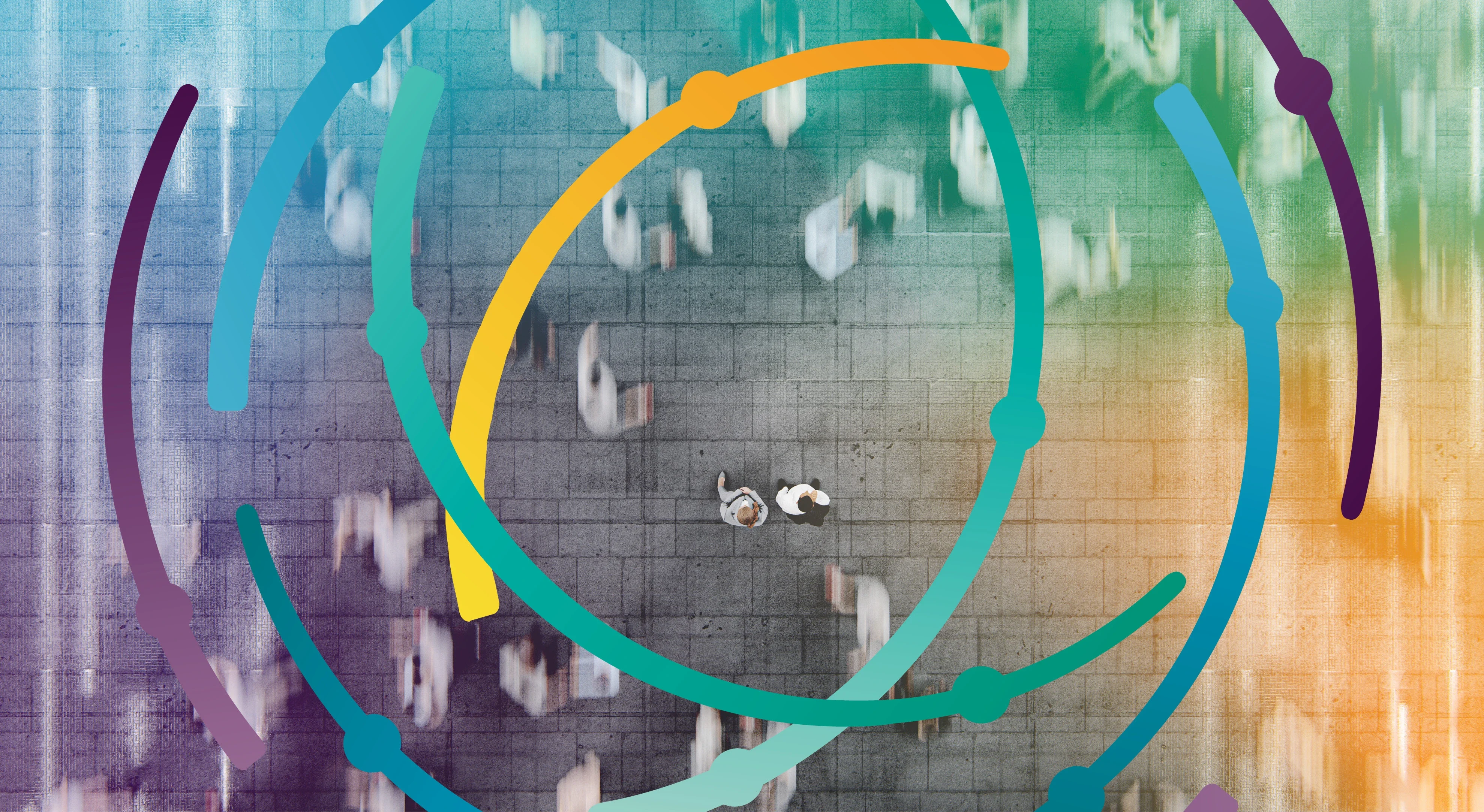Scientists are our designated experts for studying the world. And as we trust plumbers to do plumbing, and nurses, nursing — and not vice-versa — we should trust scientists to tell us about the world. This, as Naomi Oreskes says in Why Trust Science (Princeton, 2019) is different from faith. We should still check the references of scientists (as we do for plumbers); that is why the contributors of this Science Breakthrough Radar are all professional researchers. We trust science also because as a community it has developed methods, such as peer review and tenure, to check its claims.
“We have a world of medicines, technologies, and conceptual understandings derived from science, and these have enabled people to do things they have wanted to do. That success does not prove that the theories involved are necessarily true, but it does suggest that scientists are doing something right” (Naomi Oreskes, 2019).
We all are interested in science because it delivers. Still, science is not value-free, and the question stands on how best to translate science breakthroughs from the lab to the peace room; to be, in Otto von Bismarck’s words, an “honest broker” of science.
“I do not think of the mediation of peace in such a way that we now play the referee in the case of divergent views and say: this is how it should be, and behind it stands the power of the German Reich, but I think of myself more modestly, ...indeed more that of an honest broker who really wants to bring about the deal.” Otto von Bismarck (1815-1898, at the Congress of Berlin, 1878)
What is an honest broker?
Science should expand the choices we have as humans and as a society. Honest brokering of scientific results should likewise open and enhance the “solution space” for society and its decision-makers. If the honest broker must engage in decision-making, then it is by clarifying the possibilities and by seeking to expand the scope of choice available to decision-makers by opening “policy alternatives”.
Scientists can function as arbiters (Roger Pielke in The Honest Broker, 2007) when the science of a specific problem has a great degree of certainty, and if scientists work within a formal, authoritative committee. A diversity of perspectives, even in this “simple” case, can help to mitigate issue advocacy (stealth or otherwise).
When there is a greater level of scientific uncertainty and an associated wild growth of policy options, scientists will be tempted to take the role of an Issues Advocate, seeking to reduce the number of policy options. “A straightforward way to think about the key difference between the Honest Broker of Policy Alternatives and the Issue Advocate is that the latter seeks to reduce the scope of available choice, while the former seeks to expand (or at least clarify) the scope of choice, by placing scientific understandings in the context of a variety of policy options. Such options”, Pielke argued, may encompass a wide range of interests.
We see GESDA indeed as an “honest broker of policy alternatives” that is by anticipating scientific breakthroughs we increase the opportunities for society to act.
Policy-making needs conflicts to be resolved through the political process, which is much better than any of the alternatives (Pielke, 2007).
If we attempt to turn all policy-making into technical exercises without political debate, we fall into technocracy; technical expertise should only be an input to policy-making. On the other hand, if scientific expertise is to function as an honest broker, then its claims must be presented to the public without distortion. “Scientific knowledge is an essential dimension of culture and progress, it is the most efficient way to understand the world around us, and this knowledge does not belong to the researchers who discover it, it belongs to the society as a whole” (Thierry Courvoisier & Alex Mauron, 2021). In short, “Democracy cannot dominate every domain — that would destroy expertise — and expertise cannot dominate every domain — that would destroy democracy” (Collins et al 2020).
Implications for GESDA
The GESDA Science Breakthrough Radar presents the descriptions of anticipated science and technology advances in the coming two decades. These “breakthroughs” have been proposed, described, and reviewed by a community of scientists, with the aim of increasing policy options and action alternatives, in the spirit — described above — of the Honest Broker of Policy Alternatives.
In a highly uncertain context — anticipating the future — brokering science is about enhancing decision-making, not advocating for a specific issue or agenda. The GESDA Radar presents what is possible tomorrow, knowing what is in the science pipeline; the GESDA Radar does not present what is desirable for tomorrow. It is not a substitute for political action but an input for further discussion and action by the relevant communities.
The first ethical duty of an honest broker is to present the best science. It is not to present every opinion expressed by scientists, but to present solid science, which relies on established and solid social processes of science such as peer-review and academic reputation.
Being an honest broker does not require GESDA to be value-neutral. GESDA is not. Our values are these: we trust science — and its anticipated breakthroughs — to be of awe and of concern for decision makers. We think that the challenges of the 21st century can be met if science and technology, can propose and deploy opportunities, within the right institutions or frames for technology, for the good of technology to prevail over the bad, with collective human agency at its heart. We also believe that one of the successful frames for science are the values of multilateralism expressed in the Universal Declaration of Human Rights and the 17 Sustainable Development Goals (SDGs) building the 2030 UN Agenda for Sustainable Development.





